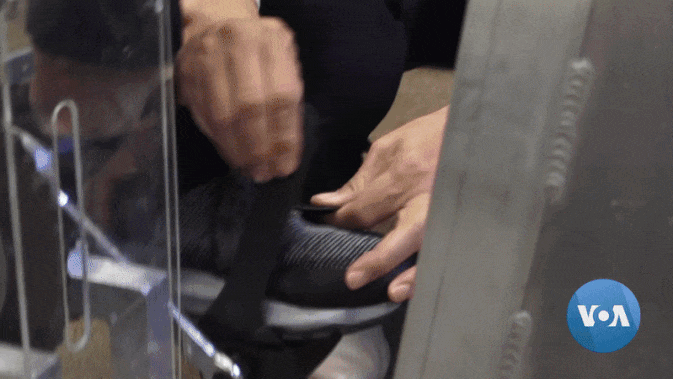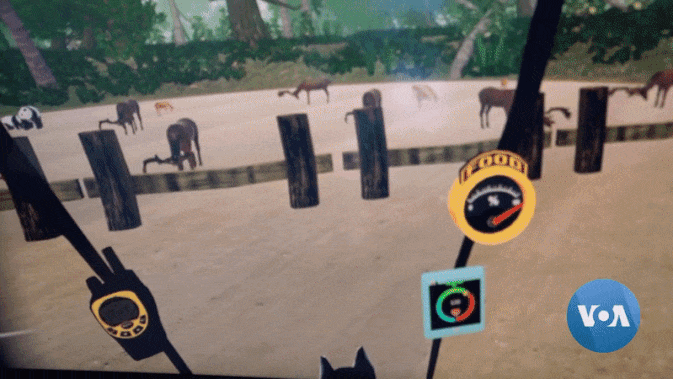Neuro Rider
“Our goal is to prevent dementia (and) to prevent Alzheimer’s disease.”
“There are no effective treatments yet. We hope that we will get there eventually, but my perspective and the research that we do in my laboratory at USC is really surrounding prevention,” Dr. Pa said.
Participants have to pedal on the exercise bike and keep their heart rate up. In the VR experience, they are trying to learn and remember a route while picking up food items by hitting the brakes, then feeding the food to some animals.
“Understanding changes in the brain that happen with exercise, changes in the brain that happen when you’re in an enriched environment and putting those two together, and that’s what our intervention is currently targeting,” Pa said.
GAME GENRE - VR Immersive Cycling
MY ROLE
Game Designer/Level Designer/Programmer
Decreased motion sickness risk by more than 20% by optimizing performance by over 50%
Increased the game stability by over 30%, allowing the participant to practice without any concern
Designed and programmed multi-player model for two riders cycling together using C# with Photon pipeline and object-oriented structure
Designed and fast-prototyped four maps with different themes and implemented them within 64 hours
PLATFORM - HTC Vive + Unity
Scientists Study Whether Virtual Reality Can Prevent Cognitive Decline and Dementia
People around the world are living longer according to the World Health Organization. By 2020 there will be more people who are 60 or older than children under five years old. Many adult children are painfully seeing their parents experience cognitive decline and symptoms of dementia. What if virtual reality or VR can help prevent or delay the onset of cognitive decline? VOA's Elizabeth Lee visits one VR lab at the University of Southern California in Los Angeles with the details.
VOA News




